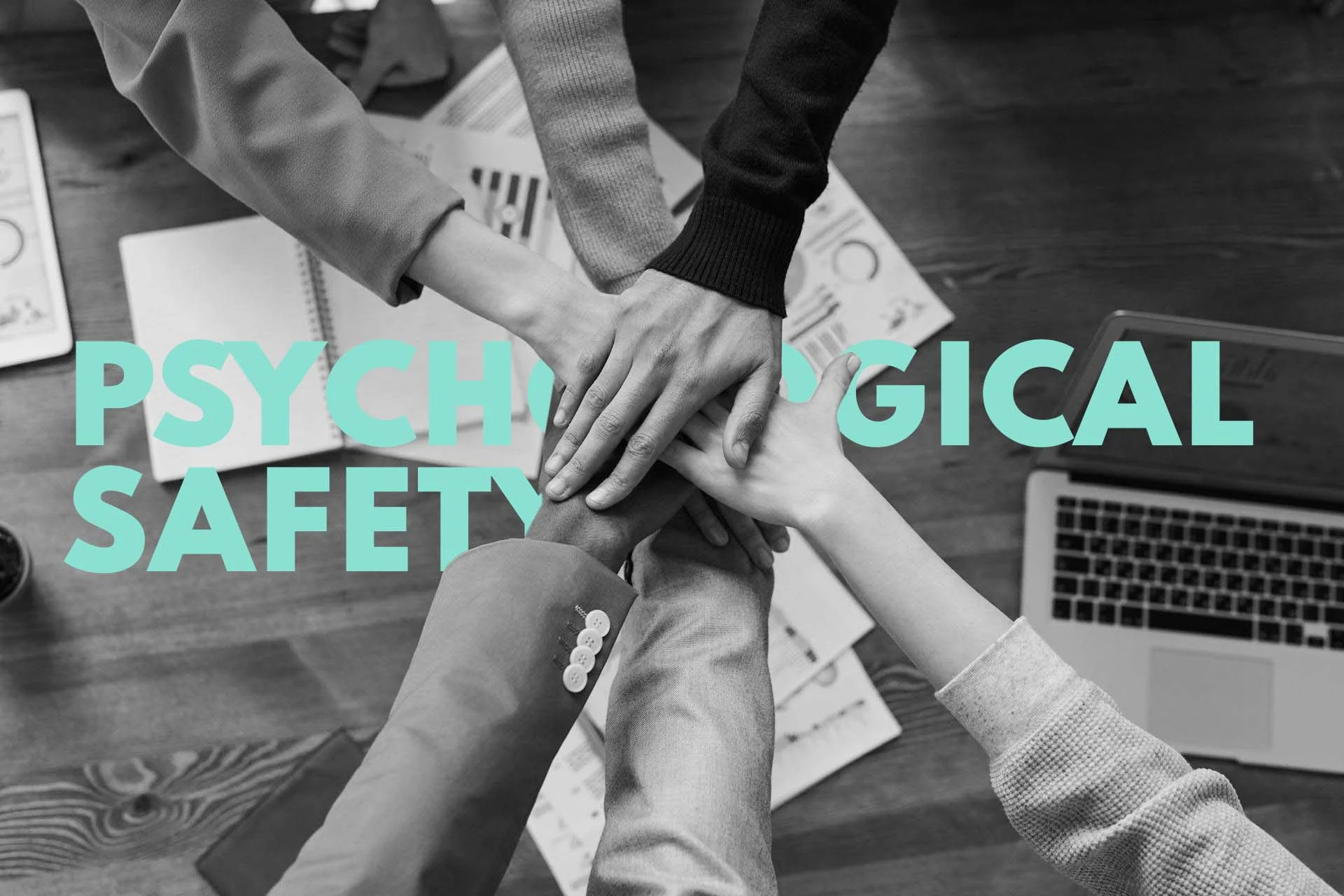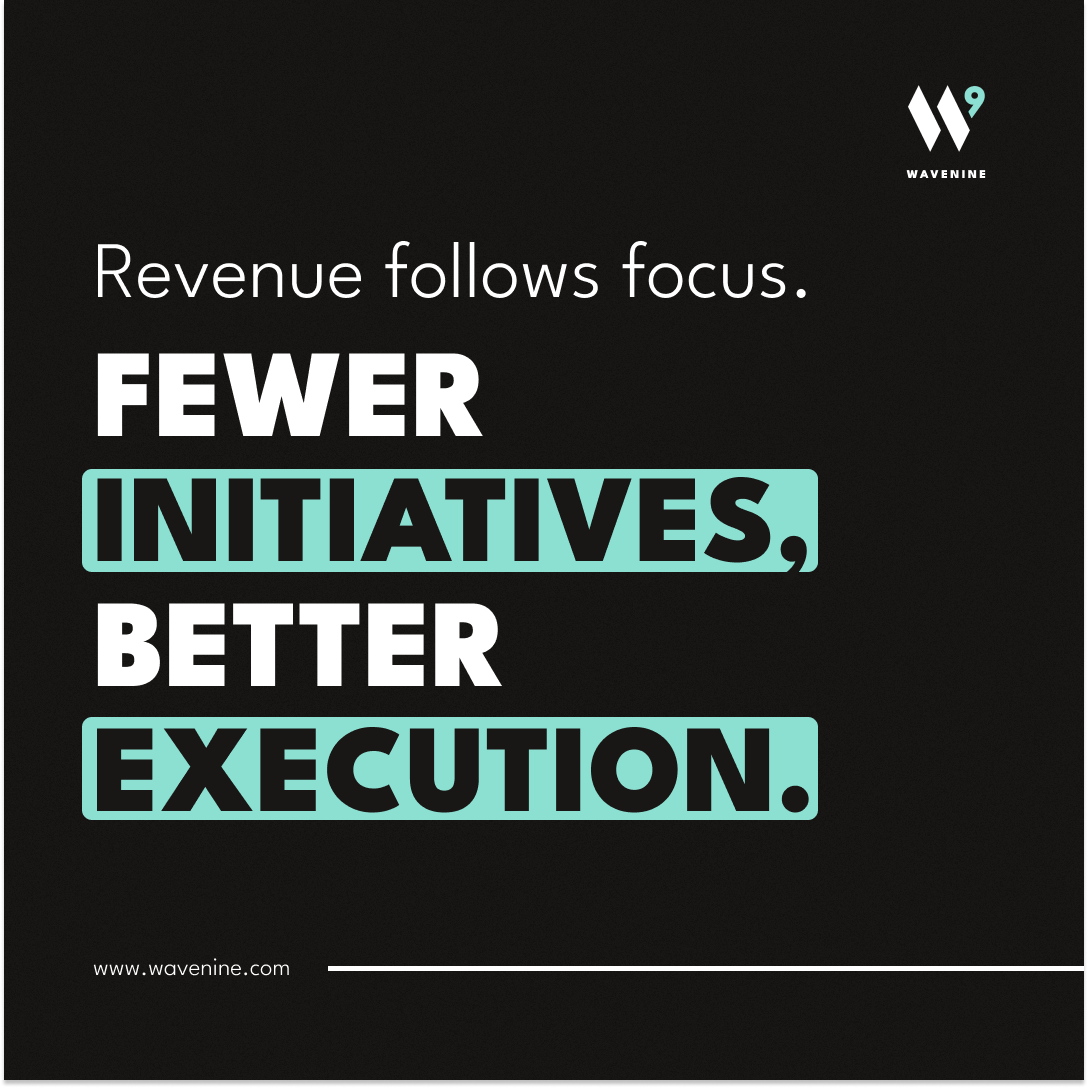The essential role of psychological safety in OKRs
Discover how fostering psychological safety empowers teams to set ambitious OKRs, drive innovation, and achieve goals faster by creating a trusting, collaborative environment. ChatGPT fragen

In today’s hectic work environment, fostering psychological safety is no longer just a nice-to-have — it’s a necessity.
But what exactly is psychological safety?
Coined by Harvard Business School professor Amy Edmondson, psychological safety refers to a shared belief that a team environment is safe for interpersonal risk-taking.
This means that team members feel secure enough to speak up, raise concerns, and even disagree, whether it’s with a peer, a manager, or top executive leadership, without fear of embarrassment, rejection, or punishment.
Why psychological safety matters for OKRs
OKRs are designed to push teams beyond their comfort zones, encouraging them to strive for outcomes that might seem out of reach.
Without a foundation of psychological safety, these goals become almost impossible to achieve.
When psychological safety is absent, team members may feel pressured to set easily achievable goals to avoid failure.
This leads to “watermelon metrics”—metrics that look green and healthy on the surface but are hiding a deep red core of issues and underperformance.
Team members might sugarcoat reports, delaying the inevitable acknowledgment of problems until it’s too late.
This kind of environment stifles creativity, reduces engagement, and strips the joy out of work.
Employees become mechanical, offering just the bare minimum, and innovation grinds to a halt.
The cost of ignoring psychological safety
The absence of psychological safety can be detrimental not just to OKR outcomes but to the overall productivity of a team.
When team members don’t feel safe to express their thoughts or ideas, they disengage.
They withhold valuable feedback, avoid taking risks, and shy away from offering new ideas.
This not only hampers individual performance but also weakens the team’s collective potential.
Moreover, a lack of psychological safety can lead to high turnover rates.
Employees are more likely to leave an organization where they feel undervalued or silenced.
This can create a vicious cycle where new hires inherit an unsafe environment, perpetuating the problem and undermining long-term success.
Building psychological safety is a manager’s duty
So, how can you, as a manager or team leader, cultivate psychological safety within your team?
The key is in how you handle feedback and team dynamics.
Feedback should be fair, frequent, and never a surprise.
It’s about addressing issues as they arise with honesty and constructive guidance.
By getting to know your team on a deeper level—understanding their personal challenges and how they like to be managed—you create a more trusting and open environment.
One way to build this trust is through regular 1:1s, weekly meetings, or mid-quarter check-ins.
This is why when we provide OKR consulting and OKR training services, we always teach these rituals.
Open the communication channels.
Encourage team members to share their thoughts and concerns, and make it clear that their input is valued, even when it’s critical.
Recognize and reward vulnerability and transparency, showing that it’s not only acceptable but appreciated when team members speak up.
Another critical aspect is leading by example.
When managers show that they are open to feedback and willing to admit their own mistakes, it creates a ripple effect throughout the team.
This humility and openness help to break down hierarchical barriers, making it easier for others to speak up.
The power of OKR workshops
But psychological safety isn’t just about one-on-one interactions; it also thrives in how goals are set and owned across the team.
This is where OKR setting workshops come into play.
Many teams fall into the trap of having key results that are solely owned by one person, often the manager.
While this might seem efficient, it can undermine the very essence of collaboration and shared responsibility.
OKR workshops offer a structured environment where teams can collaboratively set and refine their goals.
In these OKR setting workshops, everyone has a voice, and differing opinions are not only welcomed but encouraged.
This collaborative approach ensures that the OKRs are not just handed down from the top but are co-created by the team, bringing more ownership and commitment along with them.
In an OKR workshop, the entire team comes together to set and own these goals.
Yes, there might be disagreements, and that’s okay—in fact, it’s healthy.
These discussions are the birthplace of innovation and stronger team bonds.
When team members feel that their input is valued, they are more likely to commit to ambitious goals, knowing they have the support of their peers and leaders.
When everyone participates in setting goals, they are more invested in the outcomes.
This shared ownership encourages accountability and drives higher performance.
It also reduces the pressure on any one individual to meet all the targets, distributing the responsibility across the team.
The impact of psychological safety on team performance
Teams that operate in a psychologically safe environment are more adaptable and innovative.
They are better equipped to handle change and uncertainty because they are not afraid to experiment and learn from failures.
In the end, psychological safety isn’t just about making people feel good—it’s about unlocking the full potential of your team.
By integrating psychological safety into your teams and leveraging OKR training and OKR consulting, you create a foundation where ambitious goals are not just set, but achieved, and where every team member feels empowered to contribute to the team’s success.
Other Articles
Get the inside scoop on OKRs
Sign up to our newsletter to get OKR tips, tricks, and insights delivered directly to your inbox!




